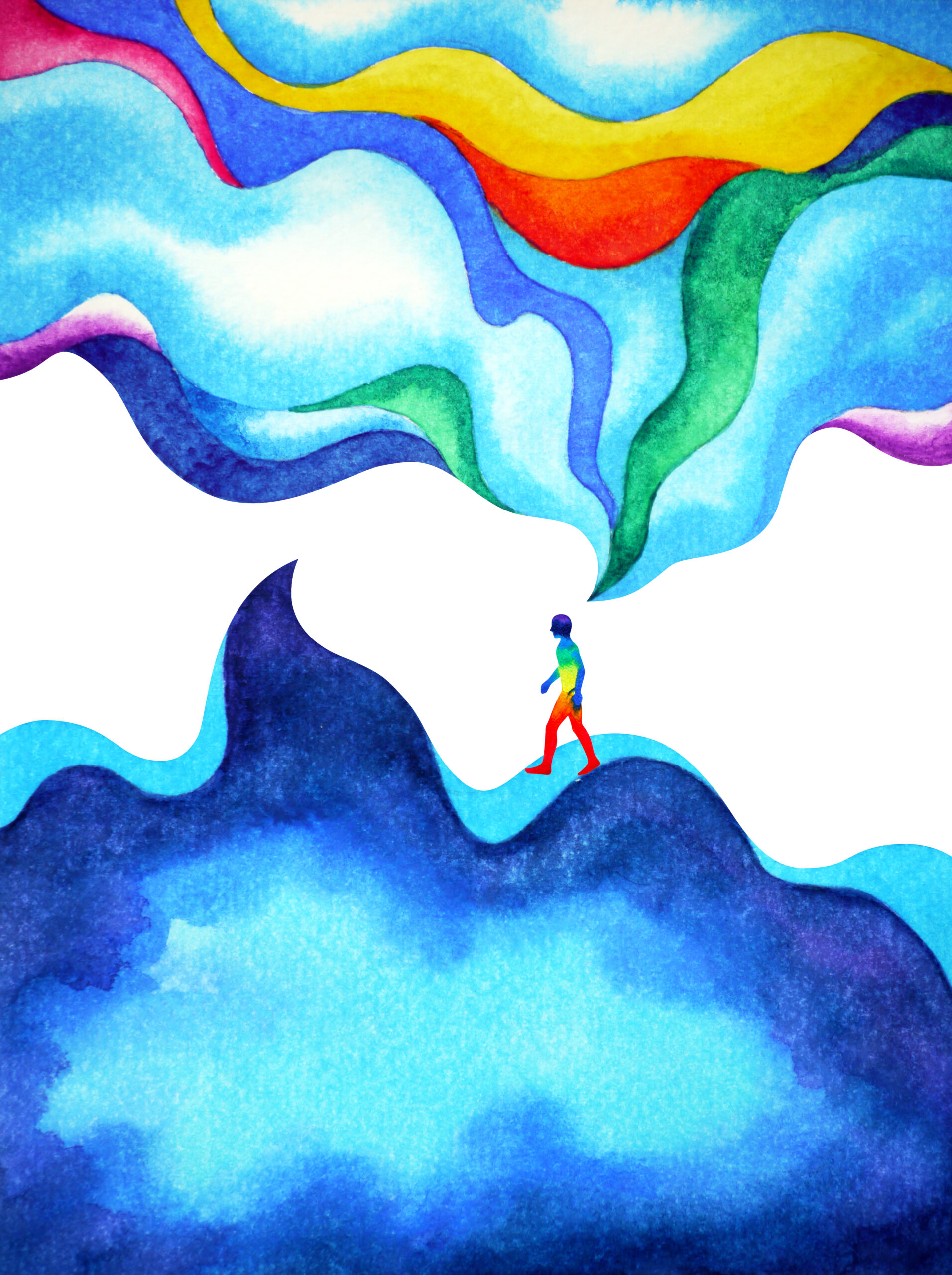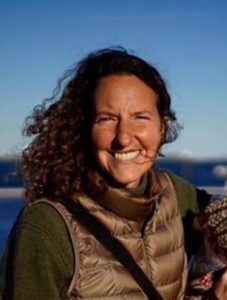Holidays Muddling through the in-between time

Every week throughout the pandemic, my friends Luigi (in Italy), Pavlo (in Ukraine), and I (in Massachusetts) have met online for an hour of warm and friendly banter, stories, check-ins, recipe-sharing and movie recommendations. We started in March 2020 and have continued since—and presumably will continue indefinitely, despite the fact that our lives show promise of slowly resuming their pre-COVID cadence and rhythm.
This is the case with many “pandemic traditions”—family Zoom Shabbat dinners, Sunday Zoom tea-times, online exercise classes, and, of course, online academic classes. Many of us have suffered greatly during these months, and yet, many of us have also found “new normals” and even some improved routines and habits.
Now, as more and more of us are vaccinated, we find ourselves once again seeking a new normal, new rules, new habits. What will we reincorporate? What will we continue? What will we abandon? What do we feel safe doing? To what are we excited or anxious to return? Of what are we reluctant to let go? How might we be aligned with those around us, and how might we be out of sync? How do we communicate or negotiate when there are mismatches?
This period of transition and uncertainty maps so nicely onto our Jewish calendar, as we count the Omer and figuratively wander through the desert in the time and space between Pesach and Shavuot, between our Exodus from Egypt and our much-anticipated revelation at Sinai. The past is clearly behind us, as is, hopefully, the worst of the pandemic. The promise of a post-COVID world lies ahead on the horizon, drawing nearer, but not quite in reach. We have this space, this time, to ready ourselves, to reflect, to improve, to try to be our best selves so we can be in proper spiritual form to receive the holy gift of the Torah, each of us individually, and collectively, as a kahal.
As we take steps closer and closer to this pinnacle moment in our people’s history, maybe we can simultaneously ready ourselves for the “in-between times” of the pandemic? Perhaps we can bring in even more compassion and patience for ourselves and others as we muddle through, making micro-decisions that may defy logic and/or be completely different from what we decided just the day before?
This is most likely a less-than-perfect process for most of us! But we humans are perfectly imperfect, which is what makes us the perfect recipients of the Torah. As the Talmud illustrates in Shabbat 88b-89a, God gave the Torah to humans instead of the angels precisely because we have an evil inclination, we live IN the world, in the muck and mire, with the potential for both good and bad decisions, actions, etc. We therefore have countless opportunities to transform that darkness into light, to “hallow” the world around us, in the words of Martin Buber, and to make ourselves and our parts of the world suitable dwelling places for the divine.
Every time we act with integrity, even when it’s difficult, every time we show generosity to those who irk us, every time we do the right thing when no one is watching, and every time we simply live our best lives with joy, gratitude and happiness, we cast light and holiness into the shadows and spread warmth and love to those around us. Each of us has our own unique personalities, talents, challenges and passions, and therefore our own unique purpose and way to serve God here on Earth.
On Shavuot, we have a chance to rededicate ourselves to our own individual way of receiving and pouring out God’s holy light into our worlds. I pray that this year, as we stand together at the foot of the mountain, that we are each able to sense and celebrate our own particular connection with the divine, deep within us, and our inseparable connection to the divine energy all around us, interconnected as we are, to all of creation, and that we renew ourselves as vessels for that sacred energy of compassion, peace, patience and love in these trying times.


